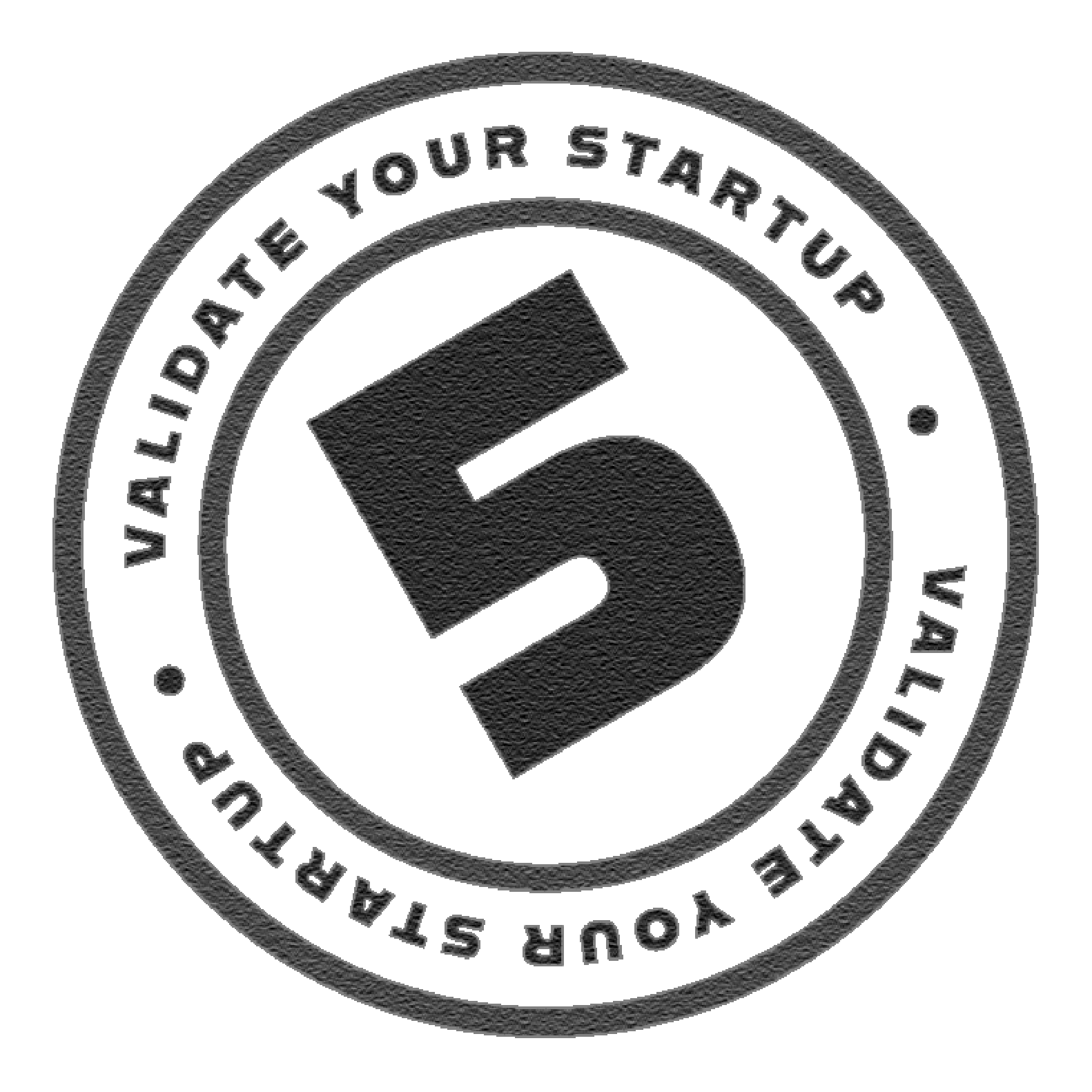Intellectual property rights
Ulf Welander • February 25, 2025
Intellectual Property Challenges for Startups
Startups are often built on innovative ideas and technologies, making intellectual property (IP) a critical asset. However, many startups struggle with effectively managing their IP due to limited resources, lack of expertise, and the fast-paced nature of their operations.
Here are some key challenges:
- Limited Resources:Startups often operate on tight budgets, making it difficult to afford the costs associated with obtaining and maintaining IP protection, such as patents, trademarks, and copyrights.
- They may lack the financial resources to conduct thorough IP searches or to engage experienced IP attorneys.
- Lack of Expertise:Many startup founders lack a deep understanding of IP law and strategy.
- They may not realize the importance of identifying and protecting their IP assets early on.
- This lack of knowledge can lead to missed opportunities for IP protection or to costly mistakes.
- Fast-Paced Environment:Startups often prioritize rapid development and market entry, which can lead to neglecting IP considerations.
- The pressure to innovate quickly can result in the disclosure of valuable IP without proper protection.
- The need to be first to market can cause a startup to overlook the importance of making sure they are not infringing on other peoples IP.
- Identifying and Protecting IP:Startups may struggle to identify all of their valuable IP assets, particularly those that are intangible or embedded in complex technologies.
- They may not have clear processes in place for documenting and protecting their IP.
- Enforcing IP Rights:Even if a startup obtains IP protection, enforcing those rights can be challenging, especially against larger competitors with greater resources.
- IP litigation can be expensive and time-consuming, which can be a significant burden for a startup.
Key Considerations for Startups:
- Develop an IP strategy: Startups should develop a comprehensive IP strategy that aligns with their business goals.
- Prioritize key IP assets: Startups should focus on protecting their most valuable IP assets.
- Seek expert advice: Startups should seek advice from experienced IP attorneys to ensure that their IP is properly protected.
- Educate employees: Startups should educate their employees about the importance of IP and how to protect it.
- Maintain confidentiality: Startups should take steps to maintain the confidentiality of their IP, such as using non-disclosure agreements.
By addressing these challenges and taking proactive steps to protect their IP, startups can increase their chances of success and build a strong foundation for future growth.
Read moor about how to protect your IP In EU
Protect your intellectual property intellectual propertyProtect your intellectual property









